Multan Notable Places
Multan, located in the Punjab province of Pakistan, is one of the country’s most historically significant and culturally rich cities. Often called the “City of Saints,” Multan is renowned for its ancient heritage, spiritual significance, and vibrant economy. Here are some of the key places that make Multan a unique and fascinating destination
Geographically, Multan’s strategic location has historically made it a significant military and trade center. Situated near the confluence of five rivers of the Punjab region, the city has been a focal point of various trade routes, contributing to its prosperity and strategic importance. Today, this geographical advantage continues to benefit Multan, facilitating connectivity and trade within Pakistan and with neighboring countries. The recent development of infrastructure, including roads and the expansion of the Multan International Airport, has further enhanced its accessibility and economic potential.
In summary, Multan is a city where history, culture, and economy intertwine seamlessly. Its spiritual legacy, economic vitality, cultural richness, and strategic location make it indispensable to Pakistan’s heritage and contemporary landscape.
Shrine of Bahauddin Zakariya (R.A)
The Shrine of Bahauddin Zakariya (R.A), a prominent Sufi saint, is one of Multan’s most revered religious sites. This 13th-century mausoleum is an architectural marvel, featuring intricate tile work and a serene atmosphere that attracts thousands of pilgrims annually.
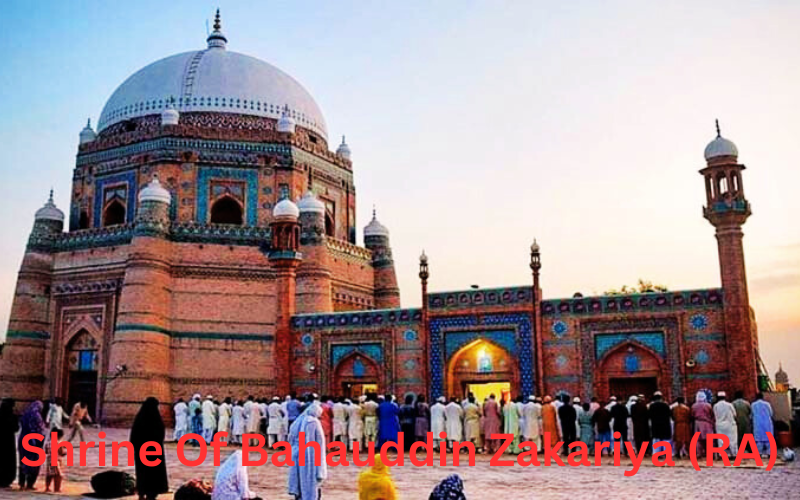
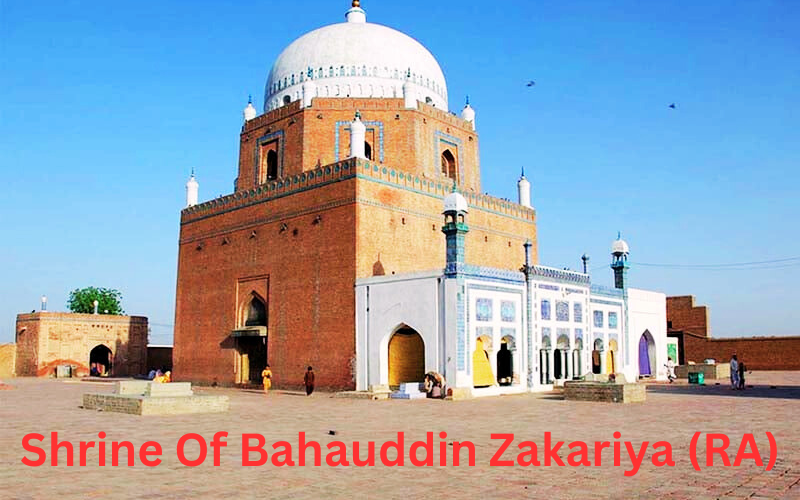
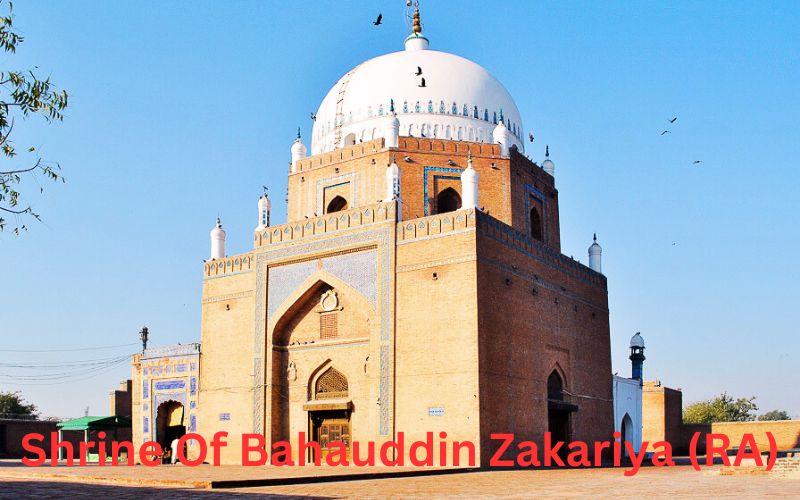


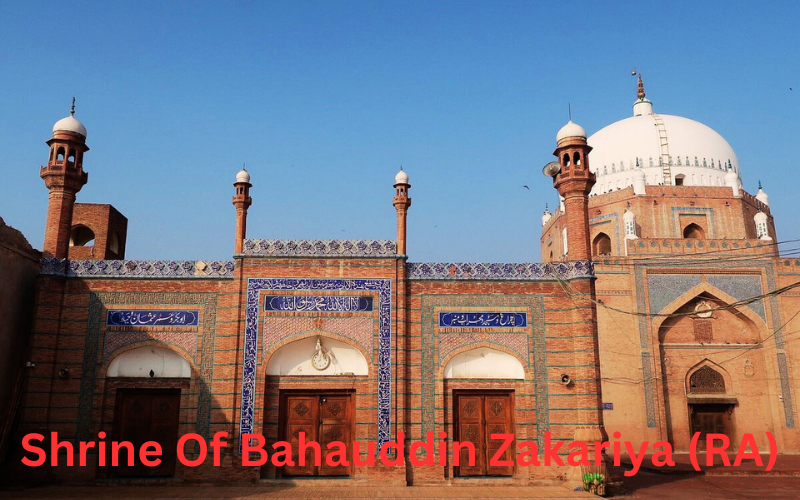


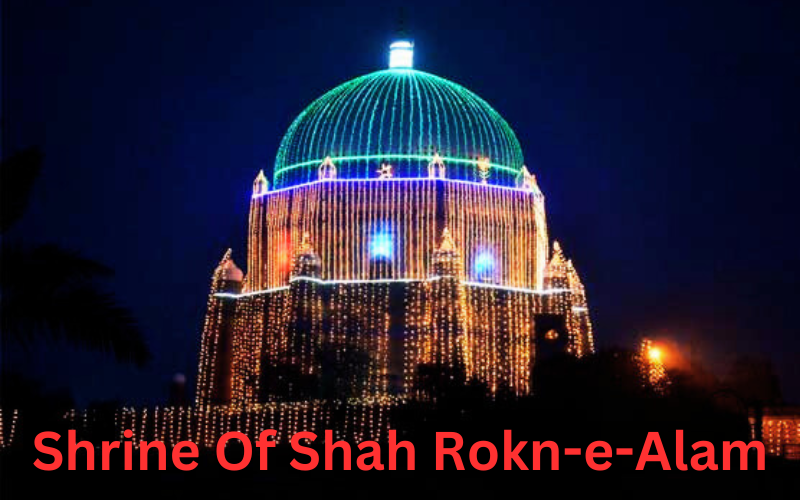
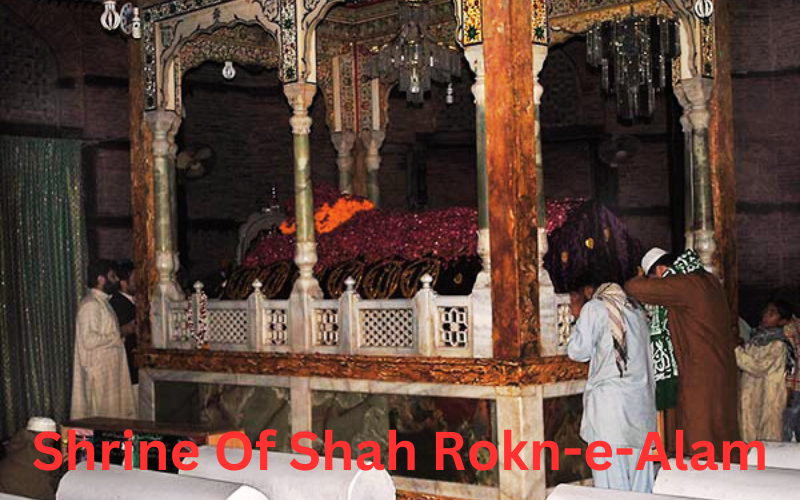
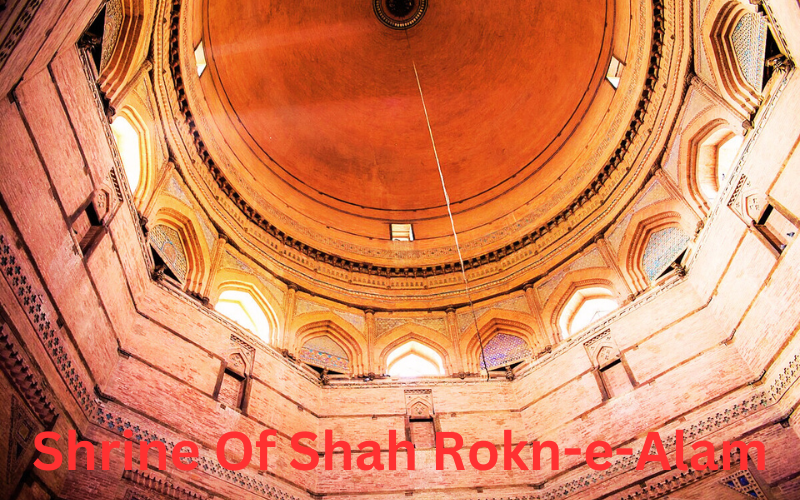



Shrine of Shah Rukn-e-Alam (R.A)
Another significant Sufi shrine, the Tomb of Shah Rukn-e-Alam (R.A), is an iconic symbol of Multan. Built in the 14th century, it is known for its impressive dome and exquisite brickwork, reflecting the rich Islamic architectural heritage.
Multan Fort
Multan Fort, also known as Qila Kohna Qasim Bagh, is a historic fortress that has witnessed numerous sieges and battles. Although much of it is in ruins, the fort’s remains offer a glimpse into the city’s tumultuous past and strategic importance.
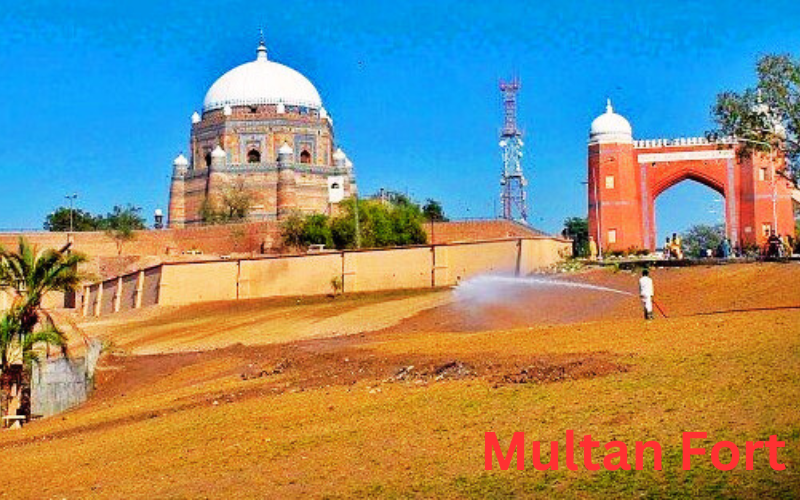
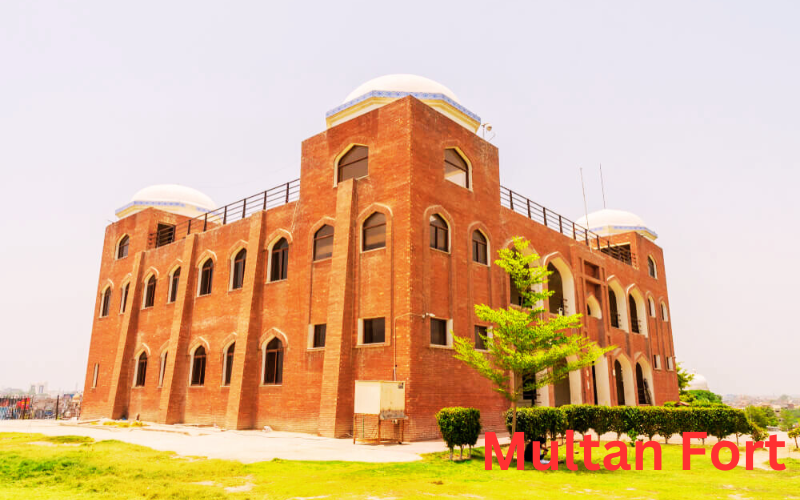
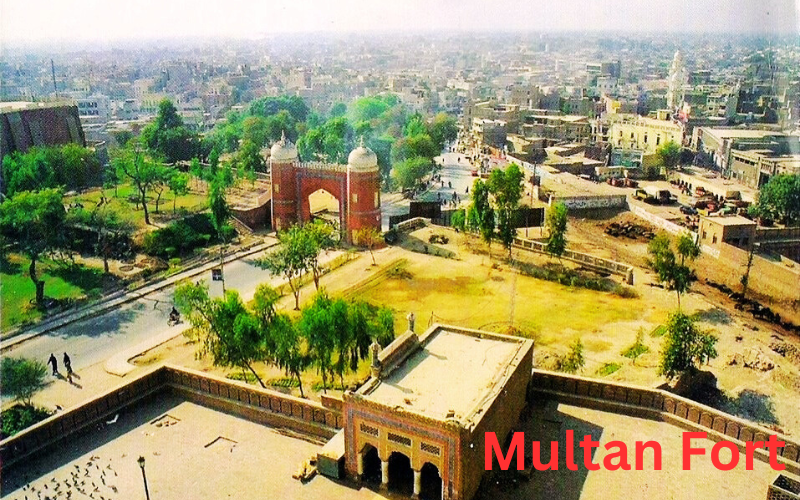
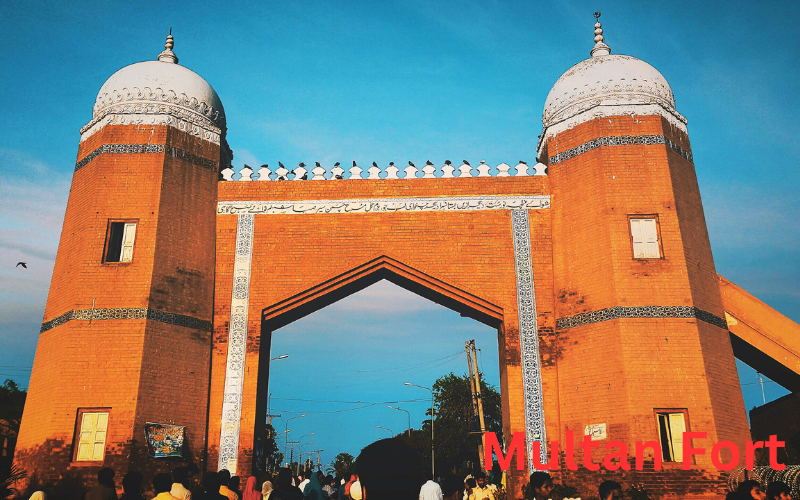
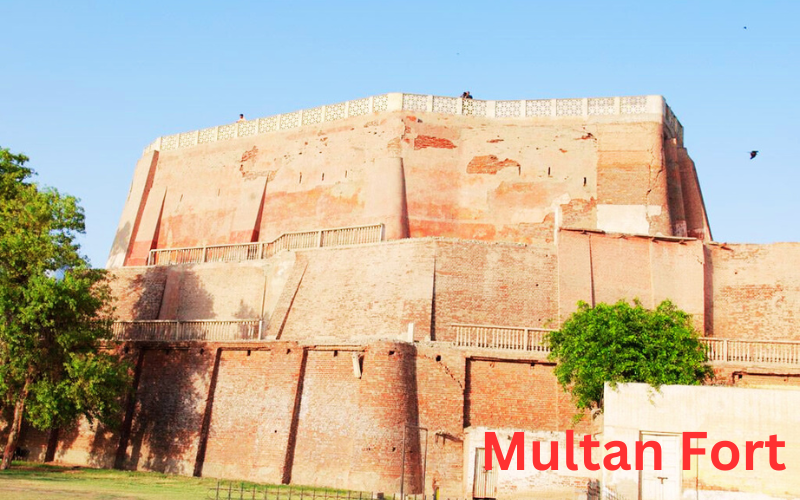
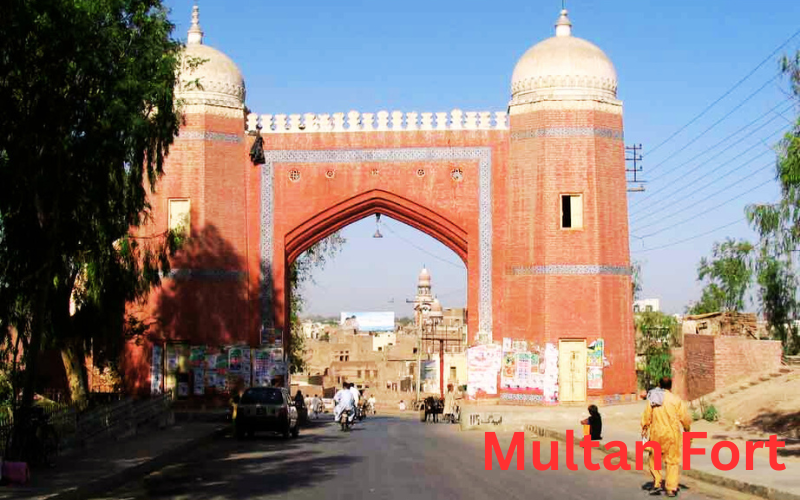
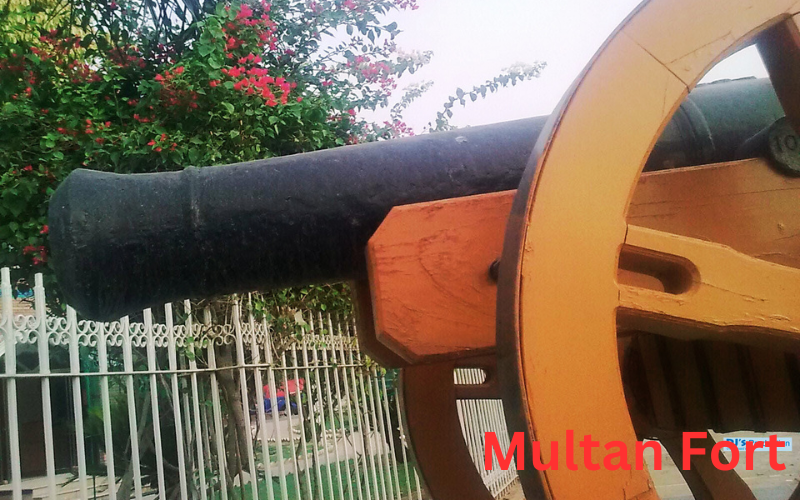
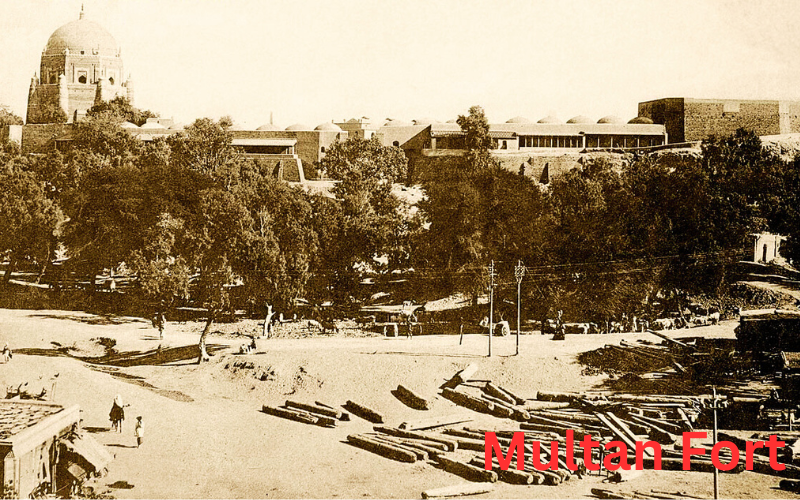




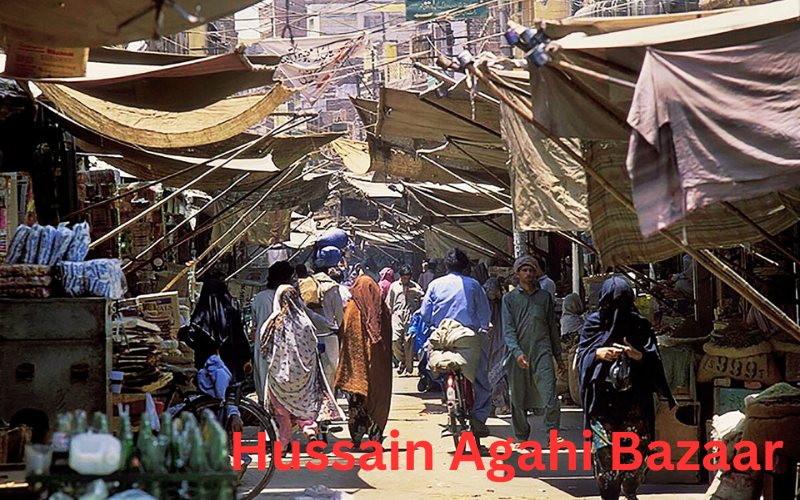
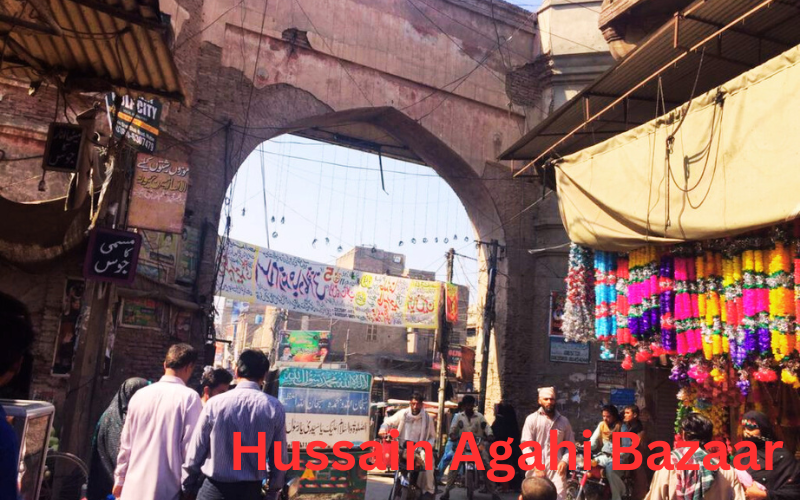
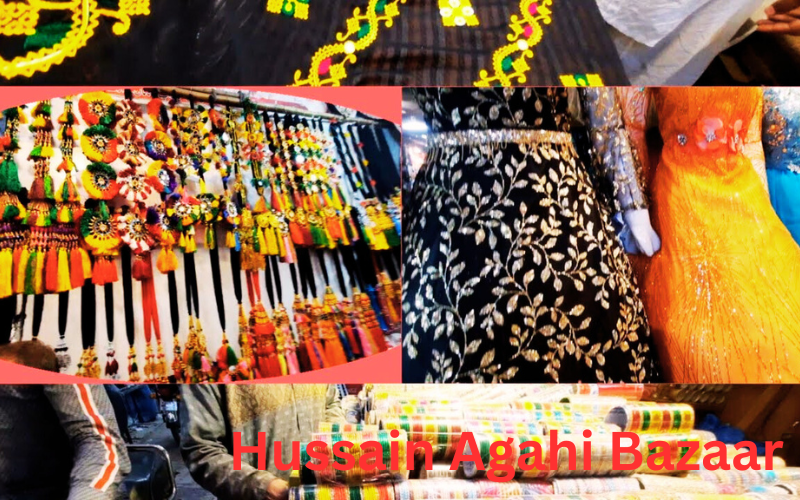
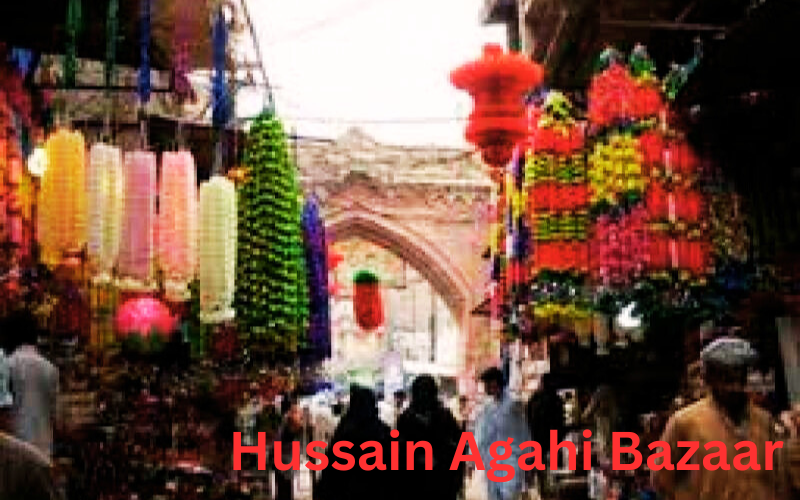
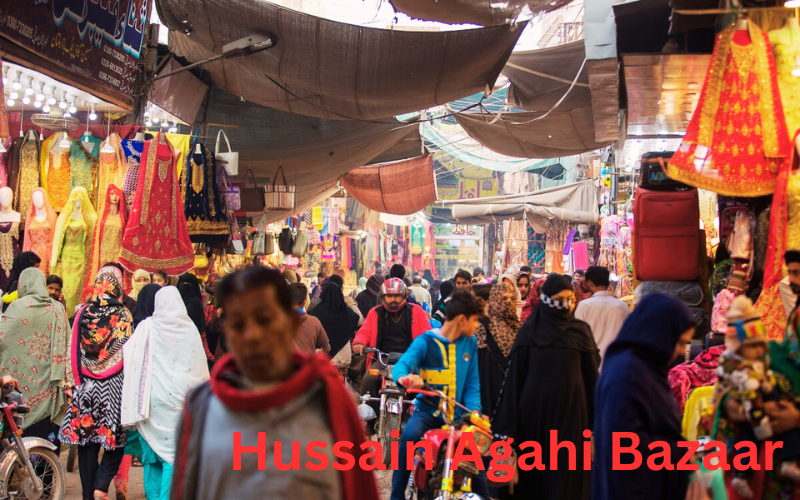
Hussain Agahi Bazaar
A visit to Multan is incomplete without exploring the bustling Hussain Agahi Bazaar. This vibrant market is a hub of local commerce, offering everything from traditional handicrafts and ceramics to modern goods, providing a true sense of the local culture and economy.
Multan Museum
The Multan Museum houses a vast collection of artifacts that trace the city’s rich history. Exhibits include ancient pottery, coins, manuscripts, and relics from various periods, offering insights into the cultural and historical evolution of Multan.
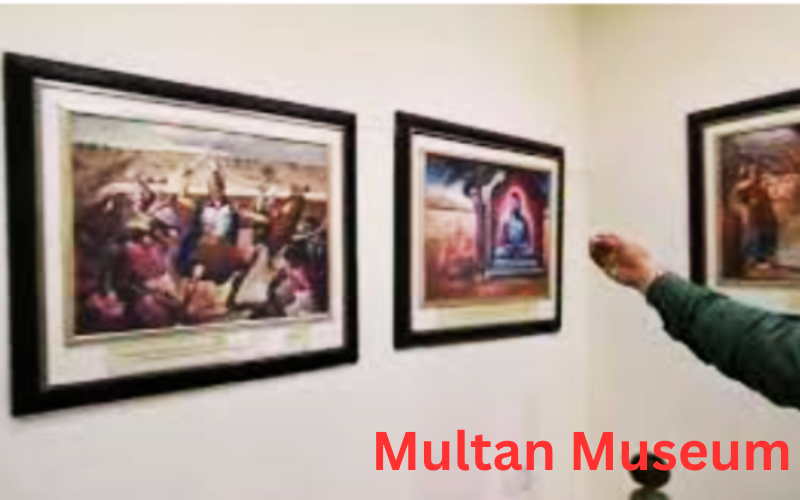
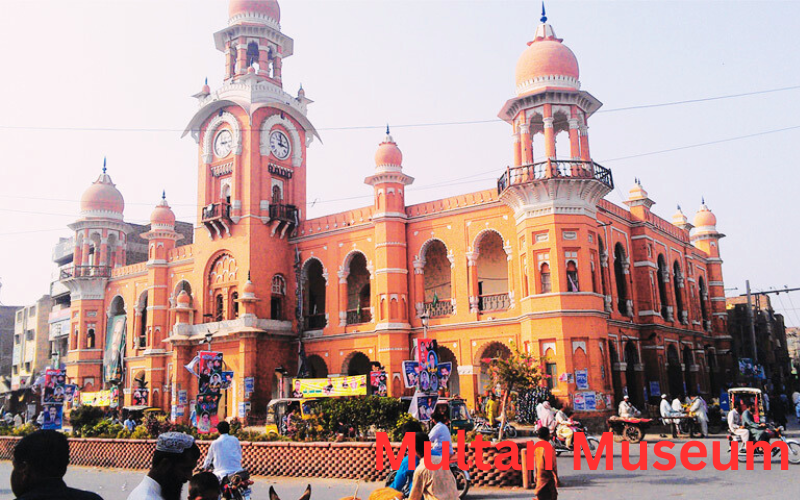
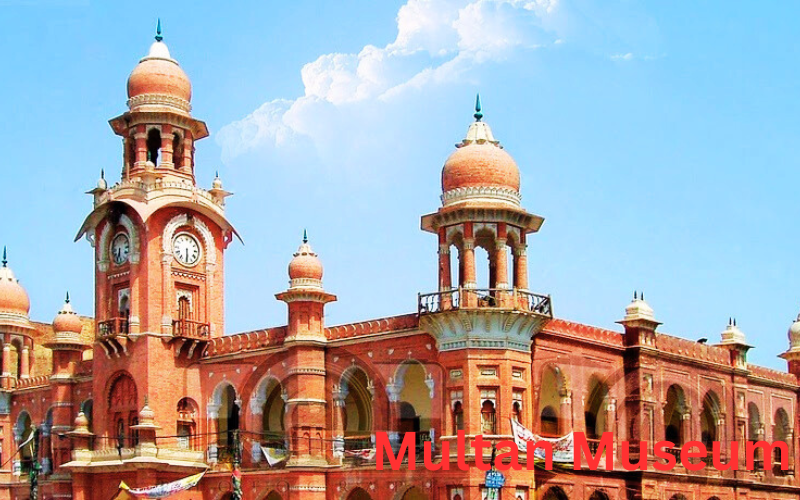
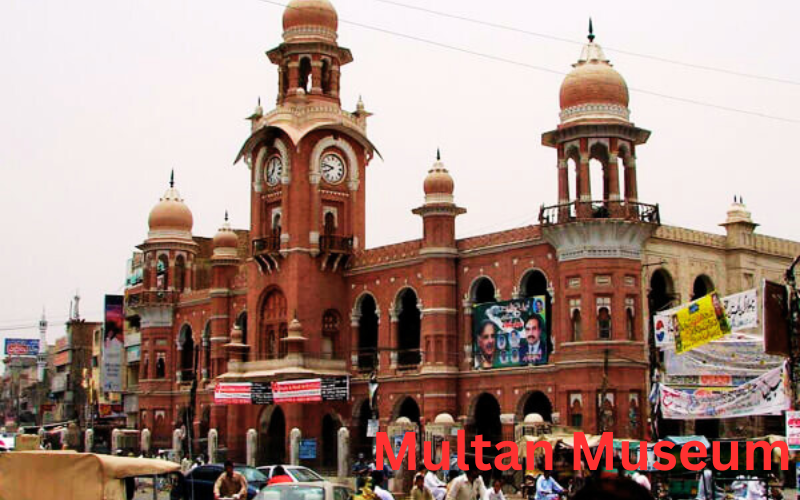
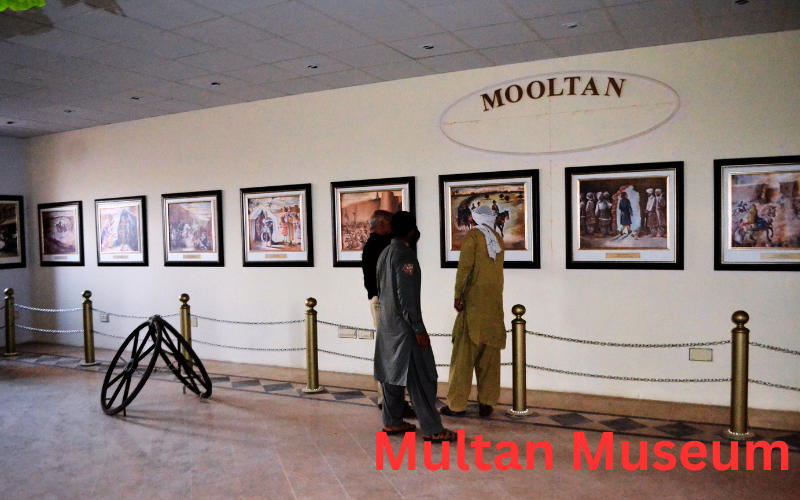
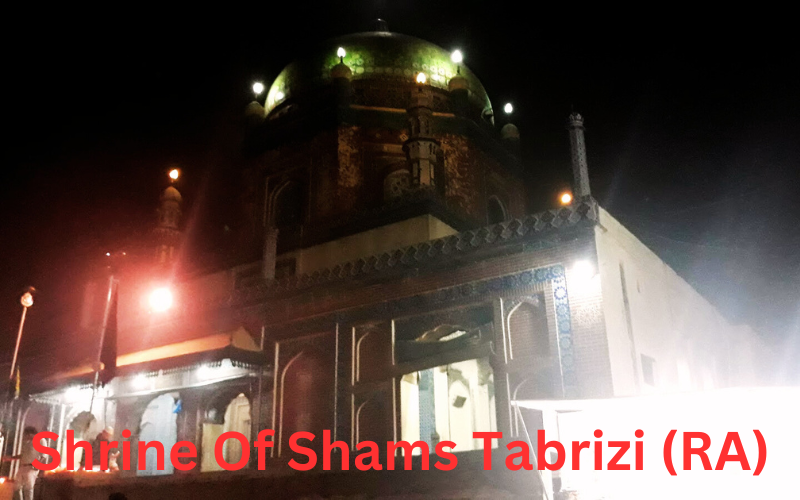
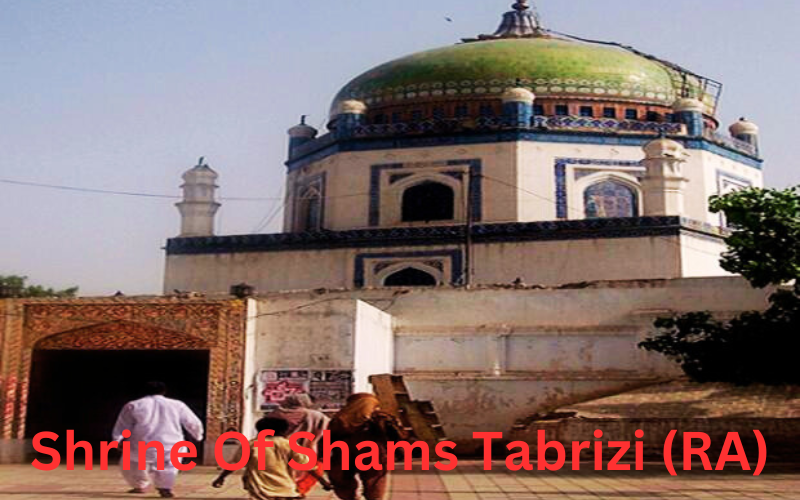
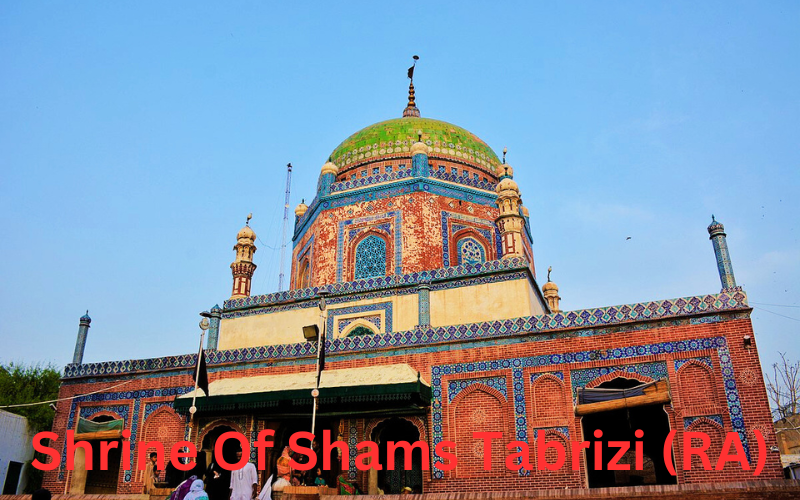
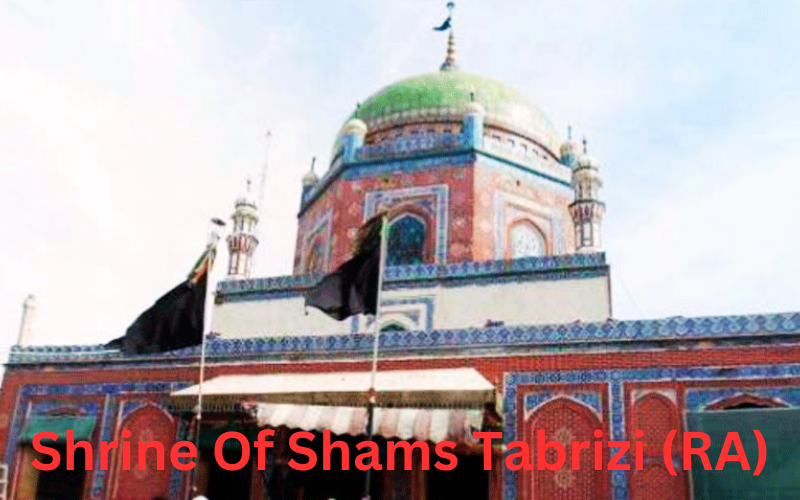
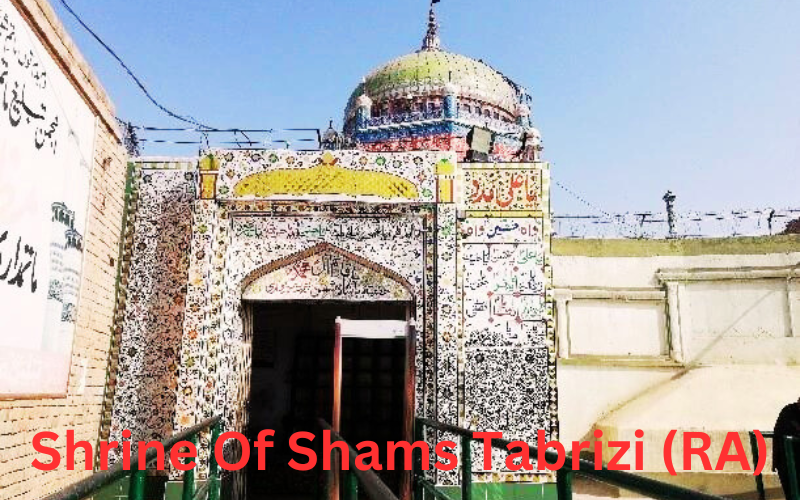

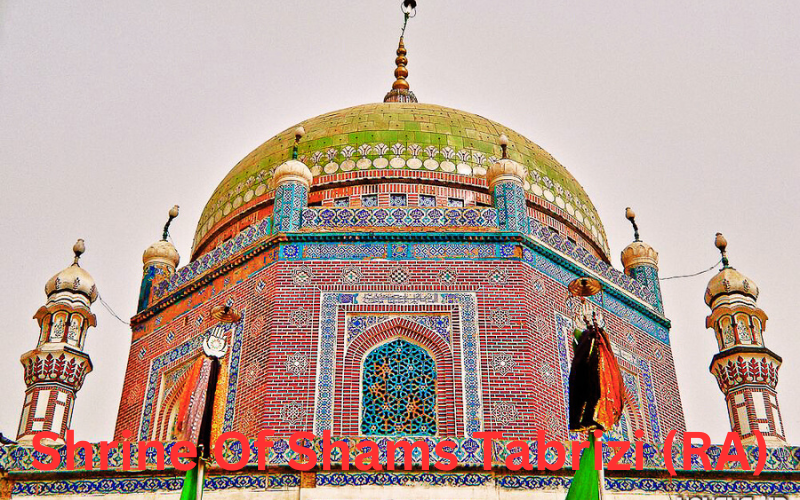
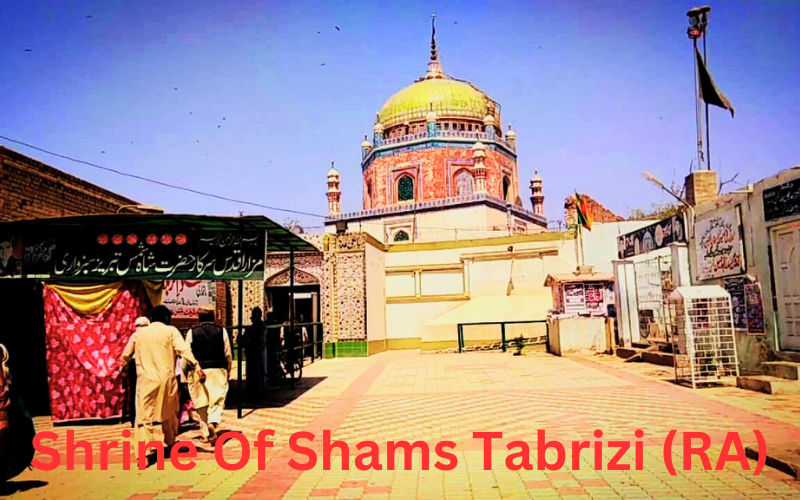
Shrine of Shah Shams Tabrizi (R.A)
The Shrine of Shah Shams Tabrizi (R.A) is another significant Sufi site. Known for its beautiful blue tiles and spiritual ambiance, it attracts both devotees and tourists interested in the spiritual and architectural heritage of Multan.
Ghanta Ghar (Clock Tower)
Ghanta Ghar, or the Clock Tower, is a prominent landmark in Multan. Built during the British colonial period, it stands in the heart of the city and is surrounded by various commercial establishments, making it a central point of activity.







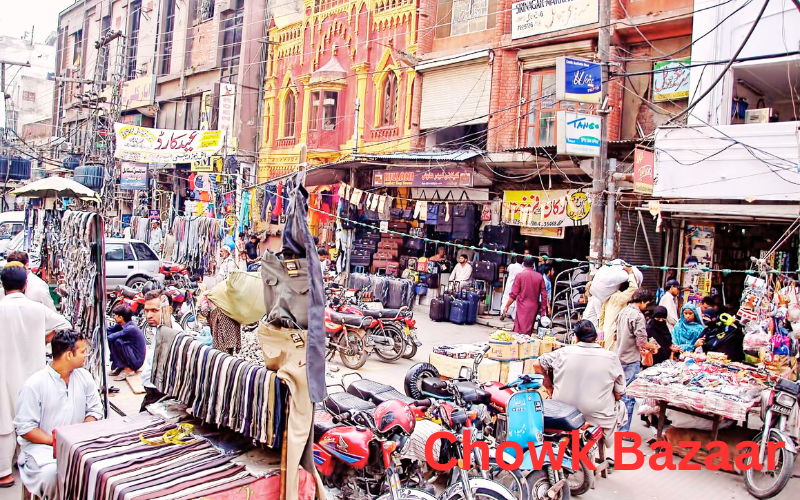
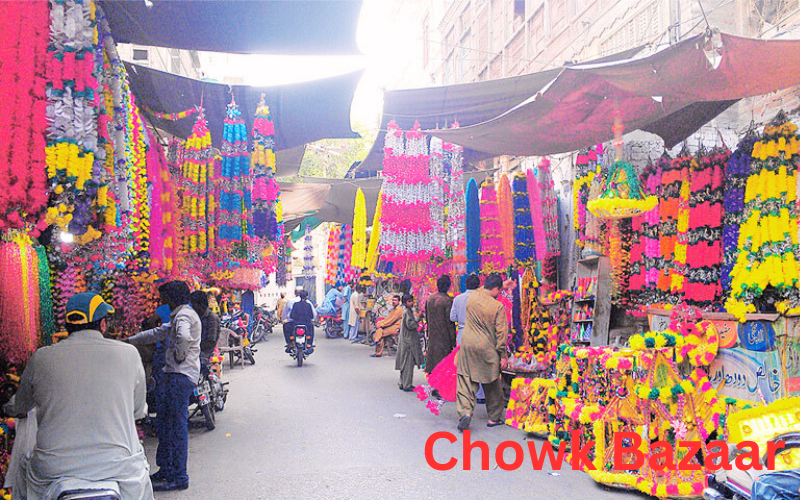
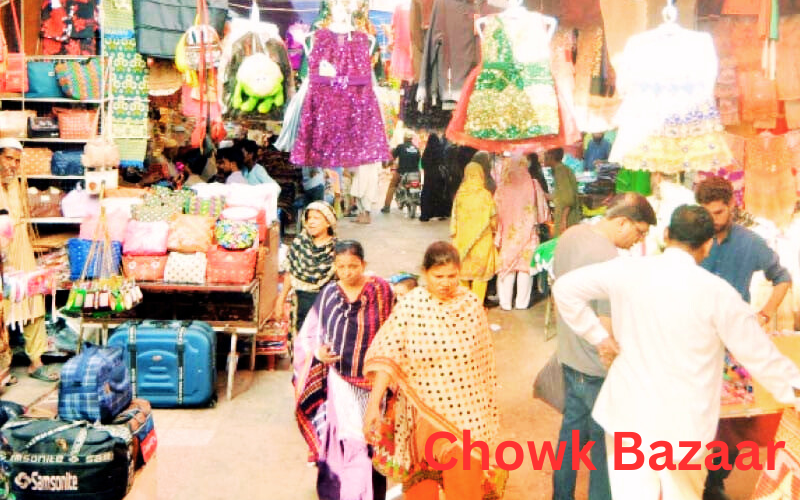
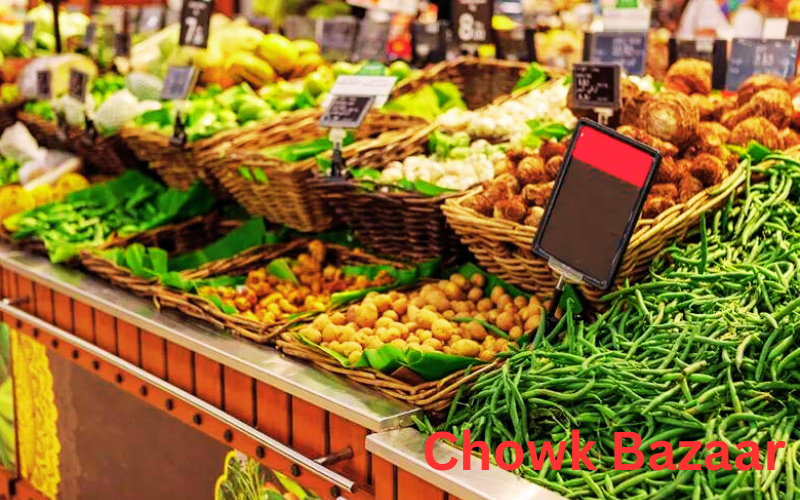
Chowk Bazaar
Chowk Bazaar is famous for its traditional goods and local delicacies. It’s a great place to experience the local lifestyle, taste authentic Multani sweets, and shop for souvenirs.
Bibi Pak Daman Mausoleum
The Bibi Pak Daman Mausoleum is a revered site believed to be the resting place of a female saint. This serene spot is noted for its spiritual significance and is a place of pilgrimage for many.
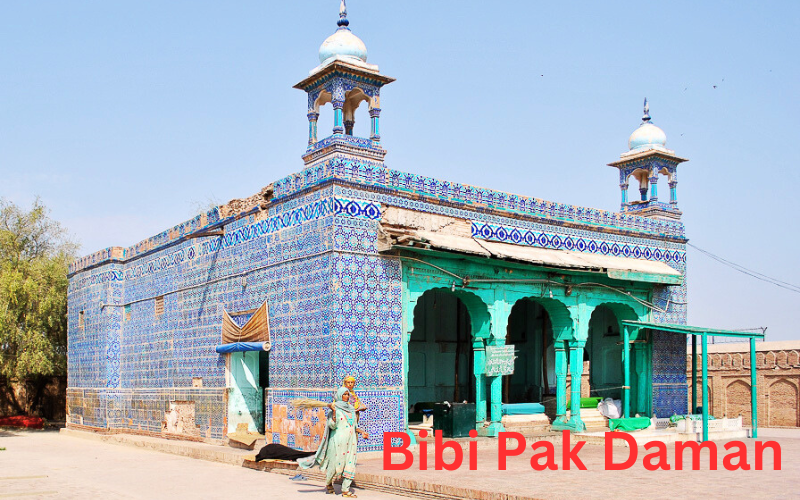
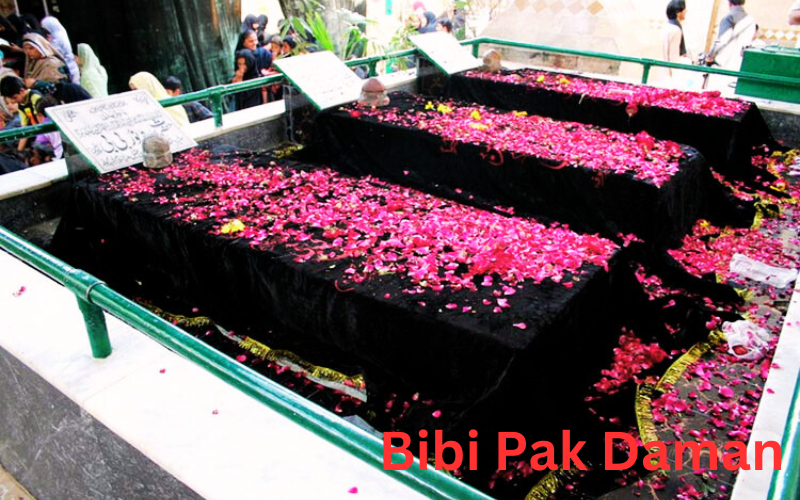
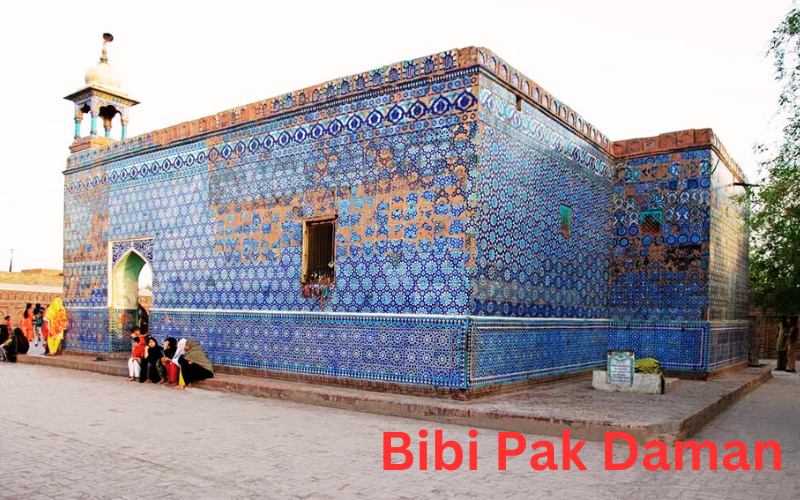
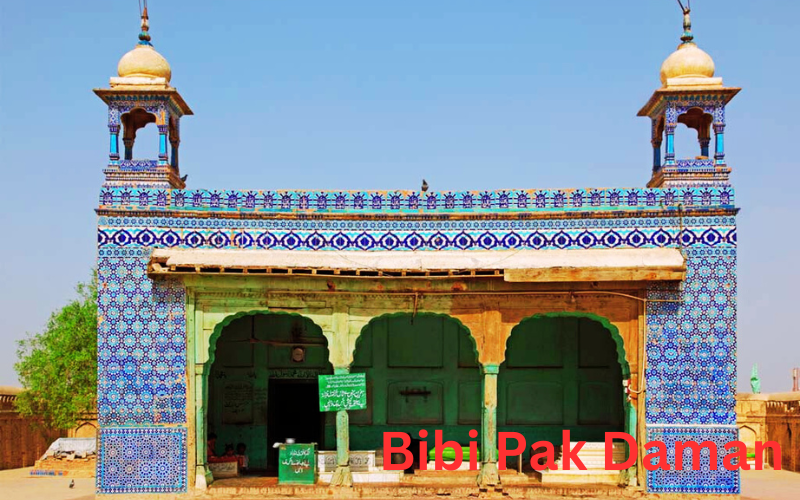







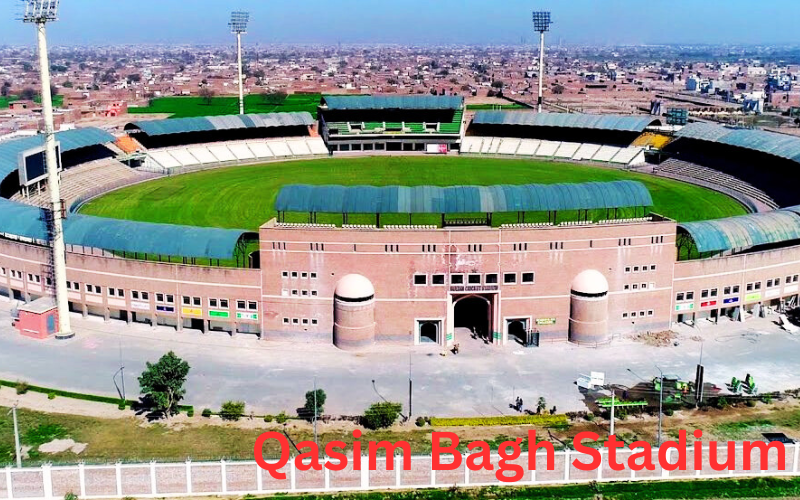

Qasim Bagh Stadium
For sports enthusiasts, the Qasim Bagh Stadium offers a venue for various sporting events, particularly cricket, which is a major passion in Pakistan. The stadium often hosts local and national matches, adding to the city’s vibrant atmosphere.
Conclusion in Multan Notable Places
Multan’s blend of historical monuments, spiritual sites, bustling markets, and cultural festivals makes it a city that encapsulates the rich heritage and diverse traditions of Pakistan.
